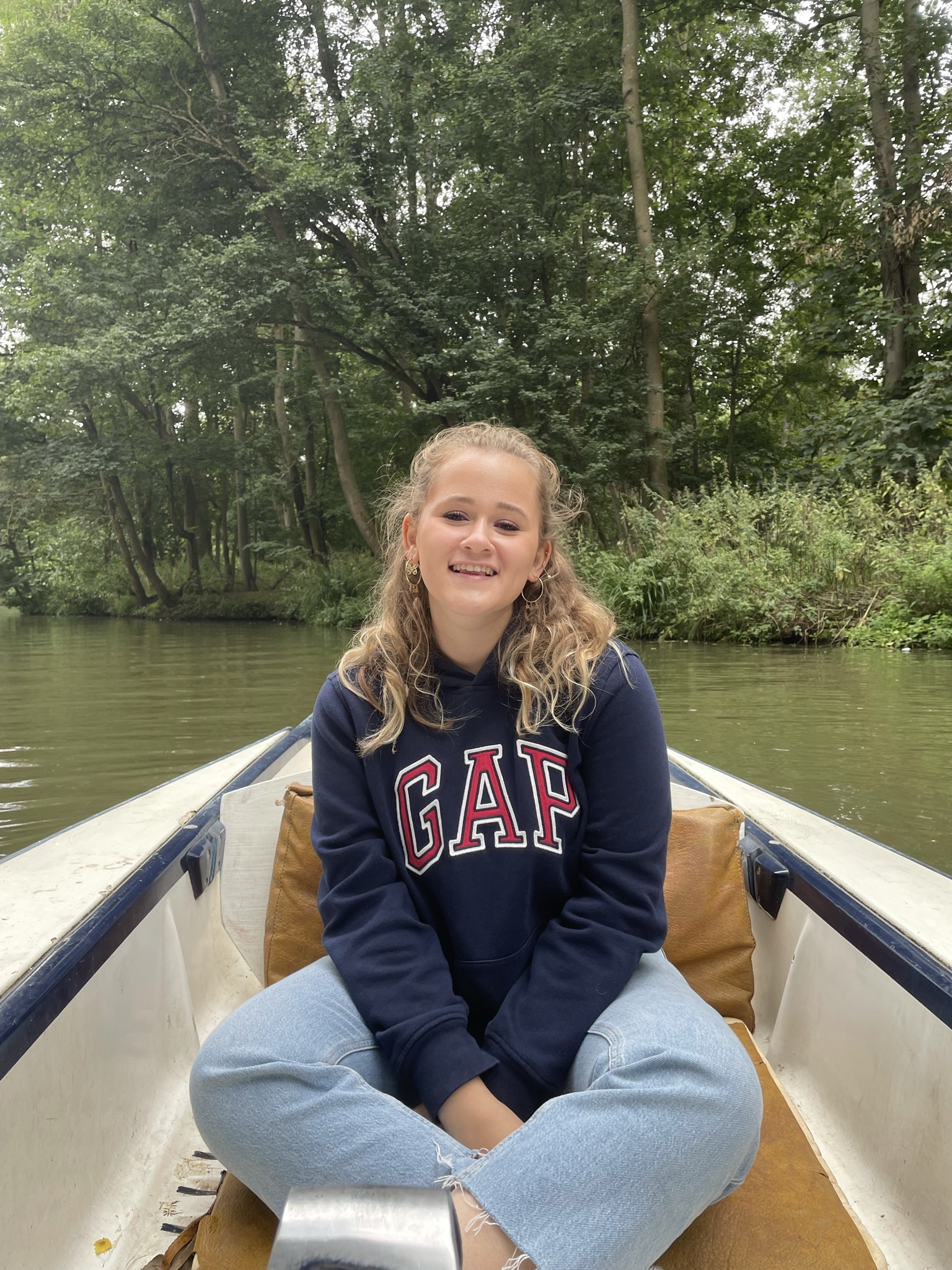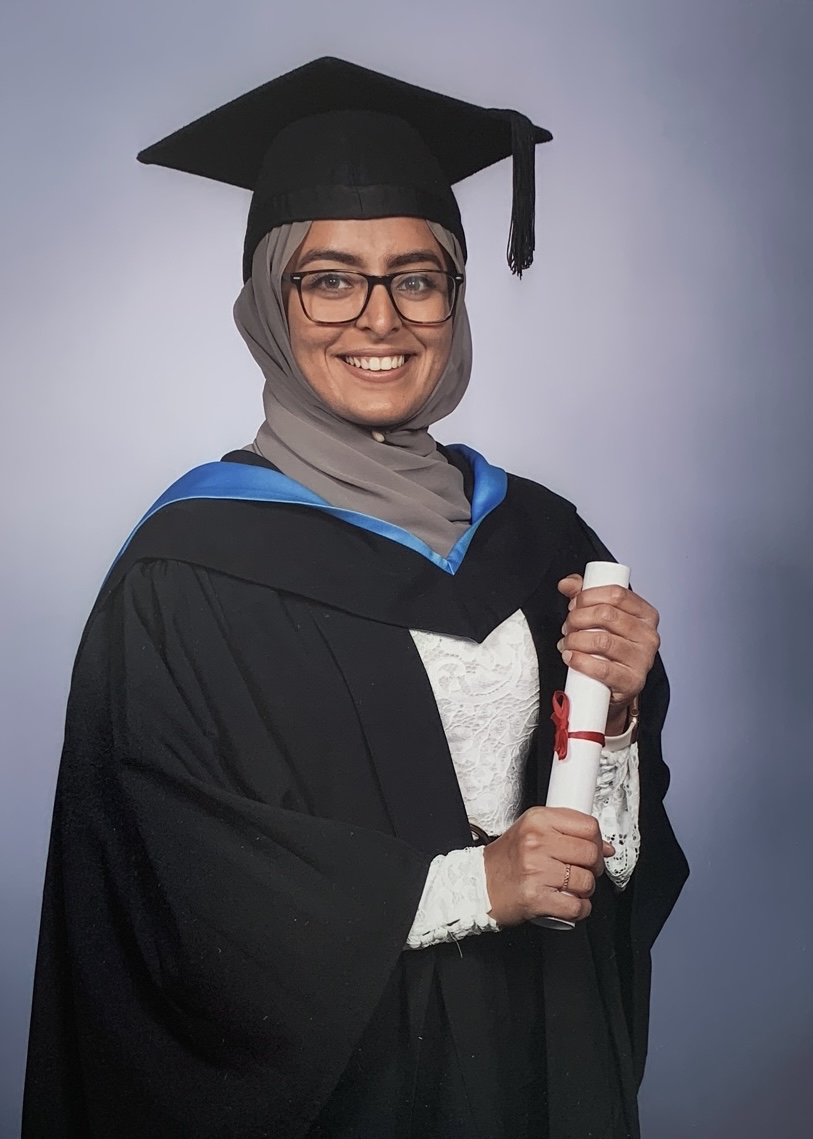
What is your name?
Neta Fibeesh
Where are you from?
I was born in Israel, but I have been living in London, UK since I was 3 years old
To which class do you belong?
MSc Translational Neuroscience 2021-2022
Where and what did you study before joining Imperial College London?
BSc Biomedical Sciences at the University of Birmingham
How did you find your Master experience at the College?
I found the MSc experience challenging yet immensely rewarding. It has been an opportunity to be taught by world-leading scientists who are driving current research and meet like-minded peers.
Which research project did you work on?
My research project involved elucidating the link between microglial senescence and circadian rhythm disruption in Alzheimer’s disease at the Marco Brancaccio lab, which is involved in the UK Dementia Research Institute (UK DRI). Throughout such, I have developed invaluable skills varying from practical technique to critical thinking. I am very grateful for the lessons learnt and the supportive guidance I was provided with by the entire lab and in particular, my supervisors Natalie Ness and Dr Brancaccio
Where are you now?
I am in Israel due to start a PhD at Tel Aviv University under the supervision of Dr Ben M. Maoz and Professor Uri Ashery
What are you working on?
The preliminary title of my PhD is ‘Utilising induced human neuronal cells and a Brain-On-a-Chip platform to decipher the molecular consequences of mutations linked to familial Parkinson’s disease’ and I am highly looking forward to getting started
What is the most important lesson you learnt as a Master student?
The most important lesson I have learnt is to maintain resilience and motivation. During my research project, I spent a significant amount of time attempting to optimise a technique which was not working the way we hoped it would. Despite such, I persevered and ended up introducing a new technique to the lab which had not been used prior to my project. This experience has taught me that research does not always go the way you plan, and that hard work definitely pays off, because we ended up producing some exciting results!
How did the Master programme help you get to where you are now?
The master’s reaffirmed to me that I have a keen interest in cellular and molecular neuroscience. The taught component of the MSc consolidated my conceptual understanding of various topics within the field and the subsequent research project has enabled me to put this understanding to practise. I would like to think I have developed as a scientist, and I hope to apply these skills to my future studies and research
